Podcast: Prof Daniël Berckmans on precision livestock farming
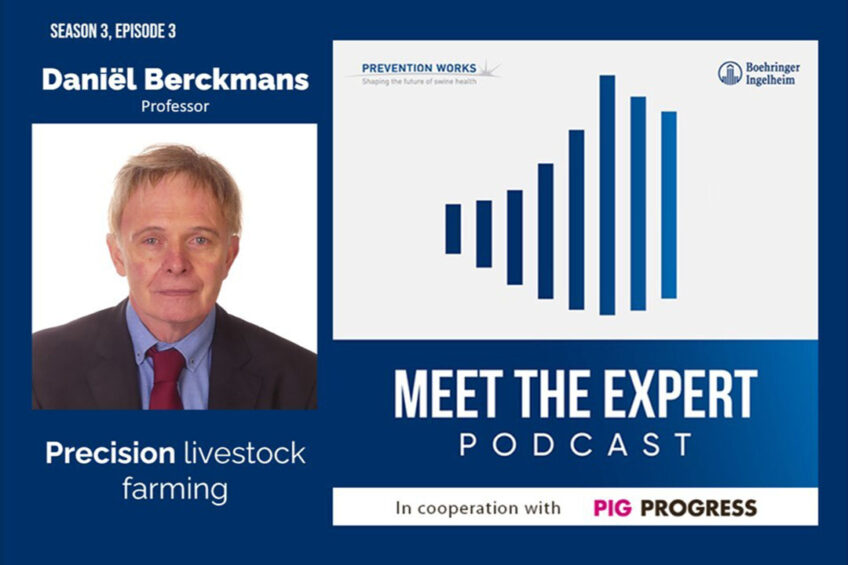
In collaboration with Boehringer Ingelheim, Pig Progress introduces the 3rd episode of the 3rd season of this well-known podcast series, ‘Meet the Expert’. This episode focuses on precision livestock farming with Professor Daniël Berckmans from KU Leuven.
In May 2022, during a Boehringer Ingelheim event that took place in Hungary, Budapest, ahead of the 13th European Symposium of Porcine Health Management, a discussion with Professor Berckmans was recorded live on stage.
Continuous monitoring
Berckmans starts by offering a good overview of the concept of precision livestock farming, which he says means the technology that enables the continuous monitoring of animals, for example, 20,000 sow samples per second, or 250 signals from a sensor. This means that the technology continuously monitors the animals through sound, images and sensors and does so 24/7.
A passion from the beginning
Berckmans’ grandfather had more children than cows – 6 cows and 9 children. He knew his animals well and could monitor them each. But, when he decided to get broilers – about 3,000 – he wondered how he would monitor all the individual birds. In the research, he said, a lot was monitored around the animal (temperature, humidity, etc.) until they got the idea – in 1991 – to monitor the actual animal. The industry – back then – thought this was a crazy idea…
Precision livestock farming in 2022
While we have come a long way, Berckmans says we have a way to go. He highlights Sound Talks: “Animals are also talking,” he says, adding “the sow will talk to the piglets…but we don’t understand it yet. But that is all coming! Sound Talks is about using sound to get information from animals.”
Berckmans also discusses infection monitoring and precision feeding, highlighting the challenge of scaling up technologies to bring them to large-scale implementation in the field.
In practice
The EU enabled an €8 million project where sound, image and sensor technology was installed in 20 farms across 12 EU countries in broilers, fattening pigs and dairy. The project ran fully automated 24/7 for 4 years. The team was convinced that the technology will “not be stopped”.
Veterinarians – link knowledge to data
The secret, says Berckmans, is not to just monitor numbers but to integrate the numbers. Veterinarians can link process knowledge to data. Precision livestock farming can therefore assist in continuously measuring objective data, provide early warning, swift treatment, and then immediate feedback of the effect of the treatment.
“Don’t stay away from technology. Technology is there to support you with objective data that is continuously measured on animals,” he concludes.
 Beheer
Beheer
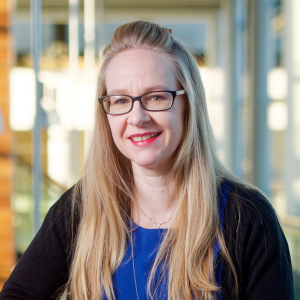
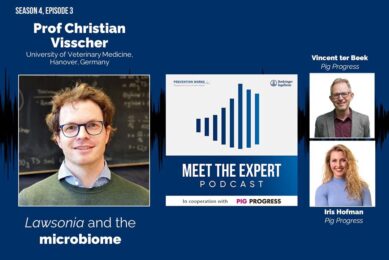
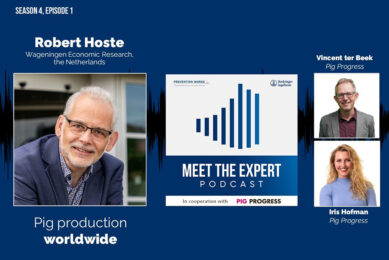
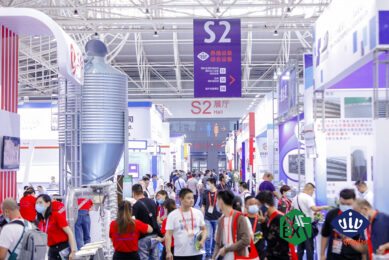
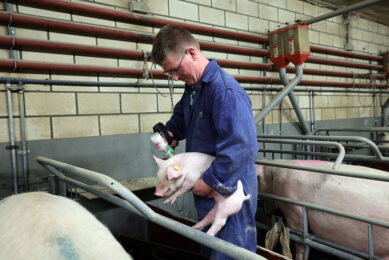



 WP Admin
WP Admin  Bewerk bericht
Bewerk bericht